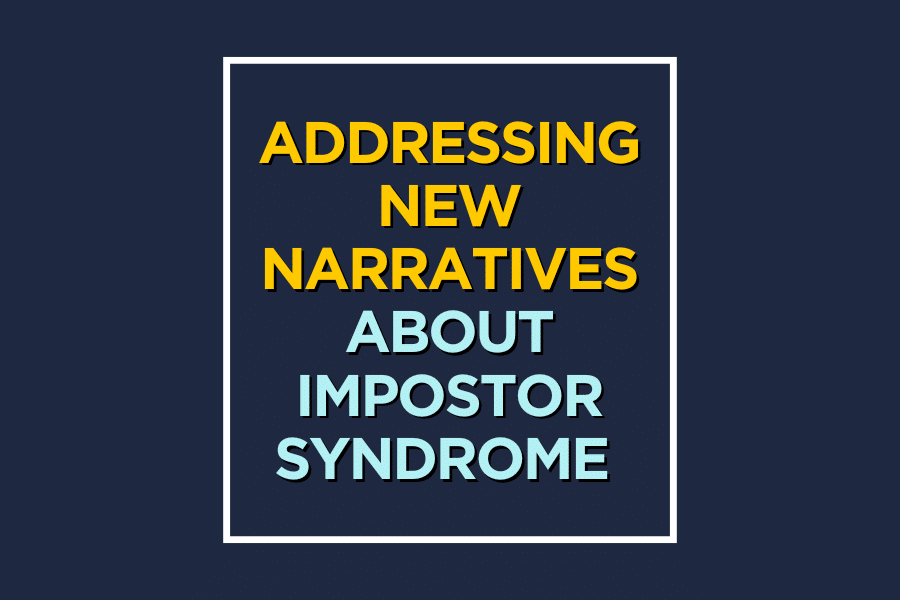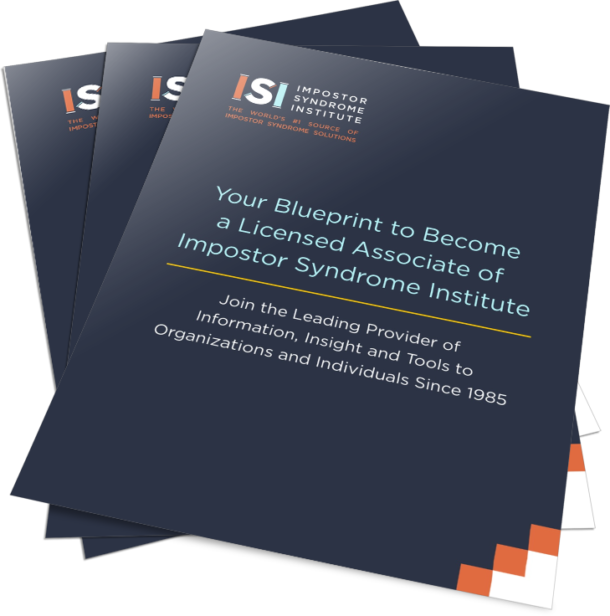Impostor syndrome is seemingly everywhere, with an explosion of attention via books, blogs, online and print articles, podcasts, television and radio interviews, and social media.
And with this popularity comes consequential shifts in the public conversation.
Currently there are two divergent narratives about impostor syndrome.
One frames it as a positive.
The other challenges the very concept itself while simultaneously blaming it on systemic bias in society as a whole or within organizations.
Both have gained considerable traction in popular culture, and both have potential consequences for future study on impostor syndrome and for efforts to address it.
Here’s a behind-the-scenes access to a lesson from our Rethinking Impostor Syndrome™ Licensed Associate training where Dr. Young shares her point of view on these new narratives.
For further reading on this topic and additional nuance related to racially and ethnically minoritized people, Dr. Kevin Cokley, University Diversity and Social Transformation Professor and Professor of Psychology at the University of Michigan shares his response to two of these narratives in this Harvard Business Review article:
It’s Time to Reconceptualize What “Imposter Syndrome” Means for People of Color




